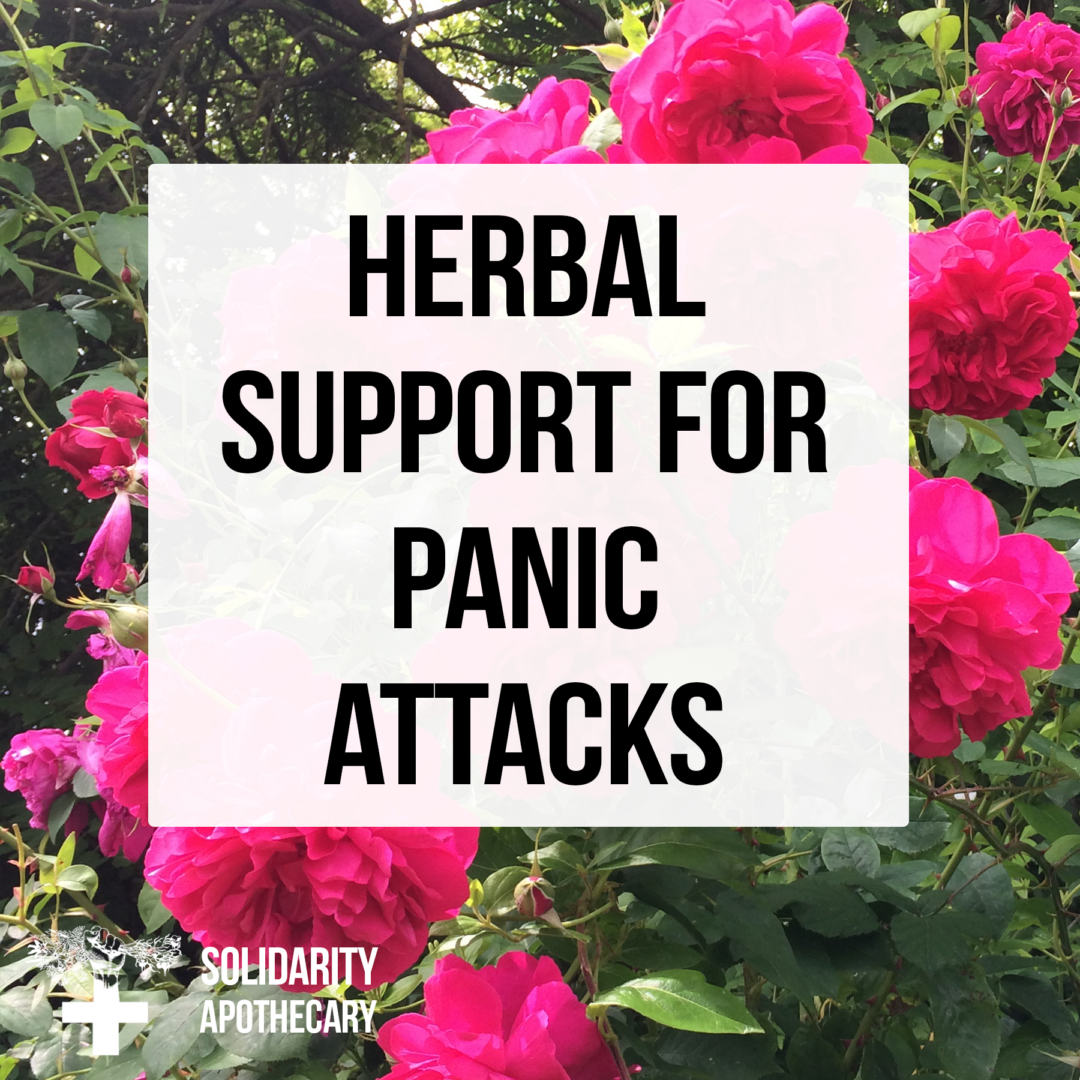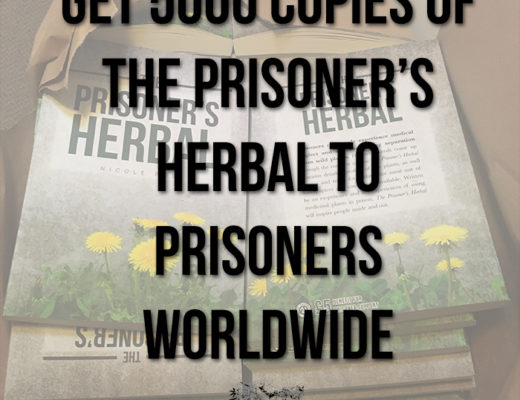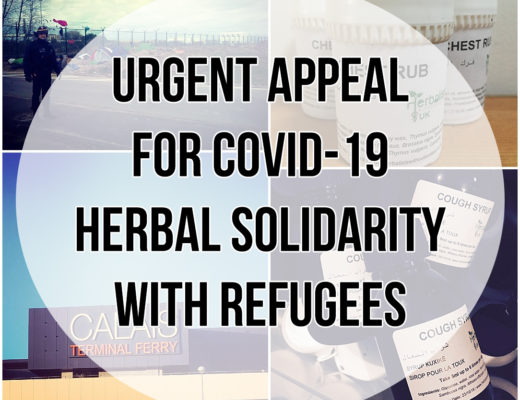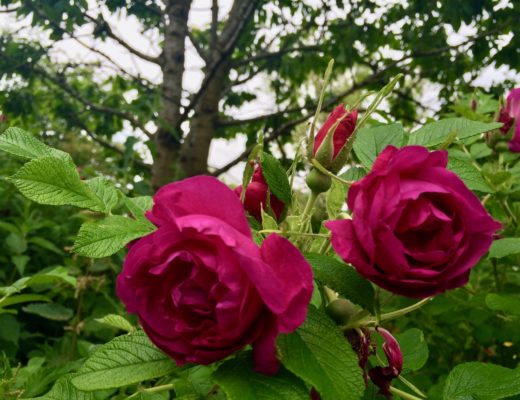Preventing panic attacks long-term
In general, our aim with herbal support is to reduce the activation in our nervous systems and there are short-term and longer-term strategies for this. The longer-term strategies are going to be nerve tonics, plants that help us to support our nervous systems to function better, to repair our systems and help them become more resilient.
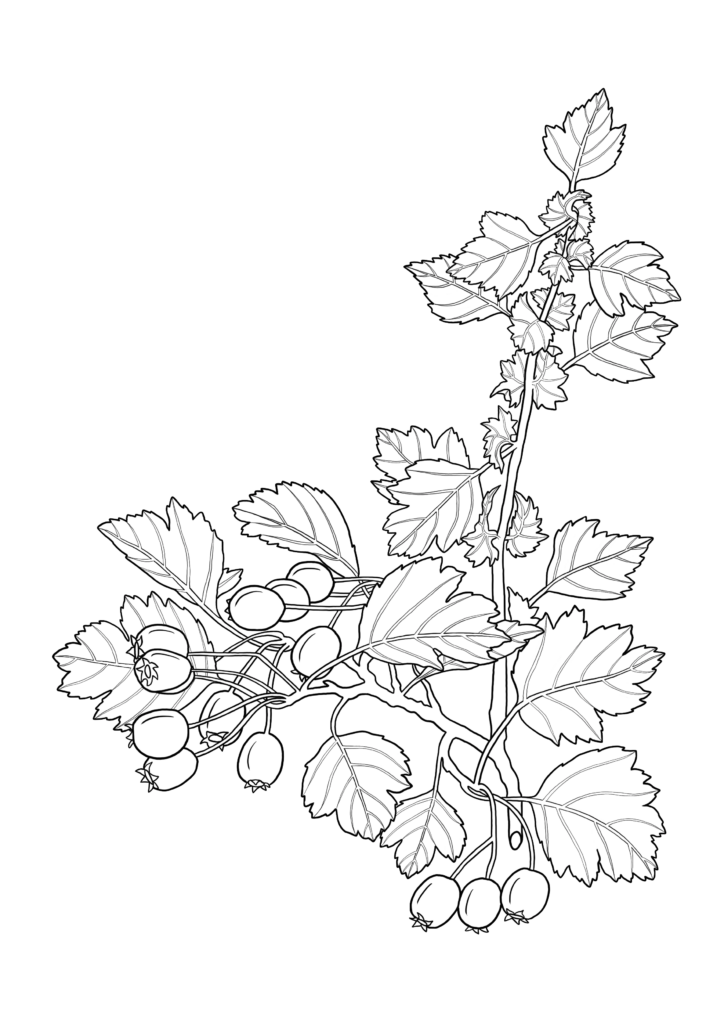
Hawthorn
A great example is Hawthorn, Crataegus monogyna, which is a really beautiful cardiac nervine. It has a strong affinity with the heart and the cardiovascular system and a million other amazing medicinal actions. If your panic attacks are related to, for example, grief, loss or heartache – a breakup, for example – then hawthorn could help. It’s great for that emotional energy of grief and loss and it can really help our cardiovascular system.
If you’re having panic attacks because your nerves are quite frayed and maybe your blood vessels are inflamed from constant activation, then hawthorn can be a really wonderful, cooling, gentle relaxant. I also take Hawthorn in an acute panic attack as well, but it’s really fantastic for medium and long-term use.
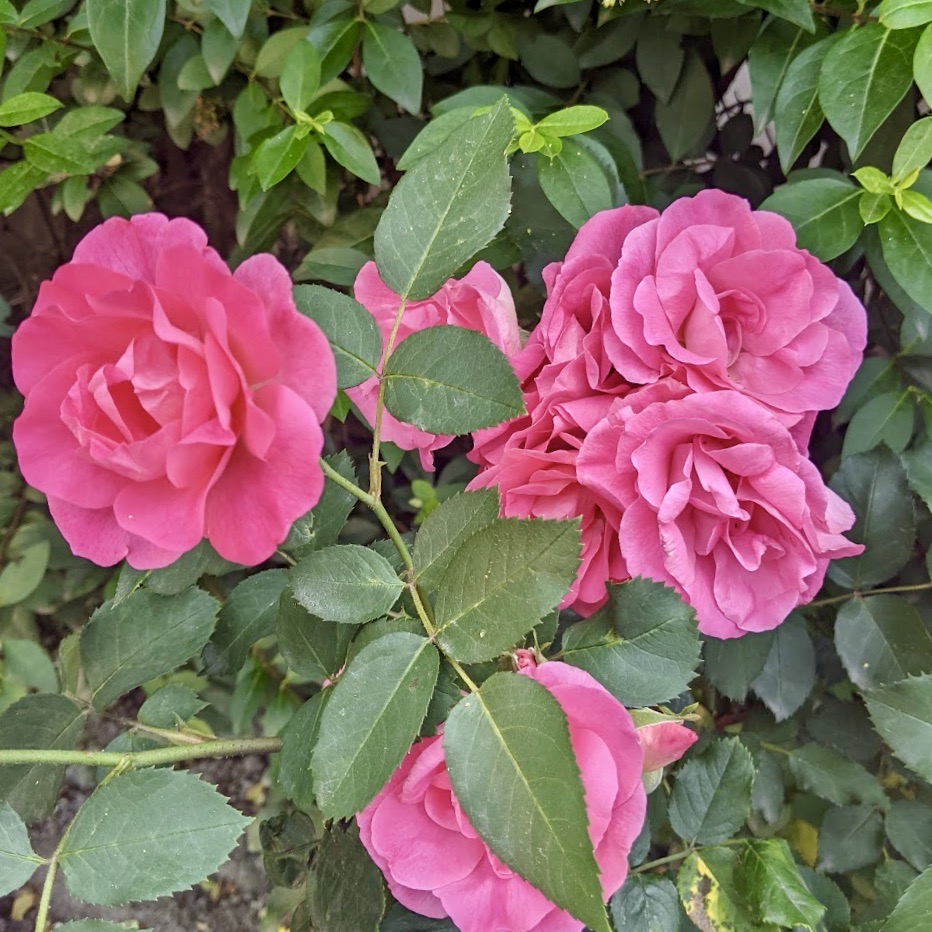
Rose
Next, Rose, Rosa spp. Rose is really wonderful in the panic attack ‘comedown’ stage. It’s soothing, very cooling and anti-inflammatory. I make rose petal glycerite which is just divine, but you can also have rose tincture and rose tea as well, and even products with rose oil in moisturiser, things like that. I think we shouldn’t underestimate how even putting on a face cream with rose in it can sometimes help with
anxiety.
Rose is really wonderful, similar to hawthorn, at addressing longer-term grief. For people who’ve experienced a lot of trauma, there’s often a lot of loss, despair, and hopelessness. There can be a rejection of love, a feeling that we’re unlovable. Losing people we love, really loving and caring for someone while they’re dying. For all of these relationships with love and pain, I feel like rose has really got our backs.
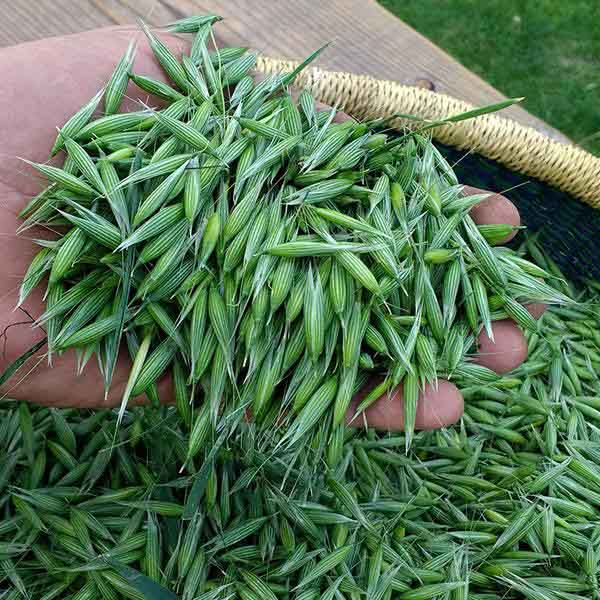
Milky Oats
Next up, Milky Oats, Avena sativa. This is one of our primary nerve tonics. It’s fantastic for the nervous system, as are oats in general. It’s great as a tincture. I’ve also made milky oat glycerite with fresh milky oats, which was delicious. It’s great as a long-term tonic for people who have very depressed nerve function or who are very depleted after long periods of chronic stress.
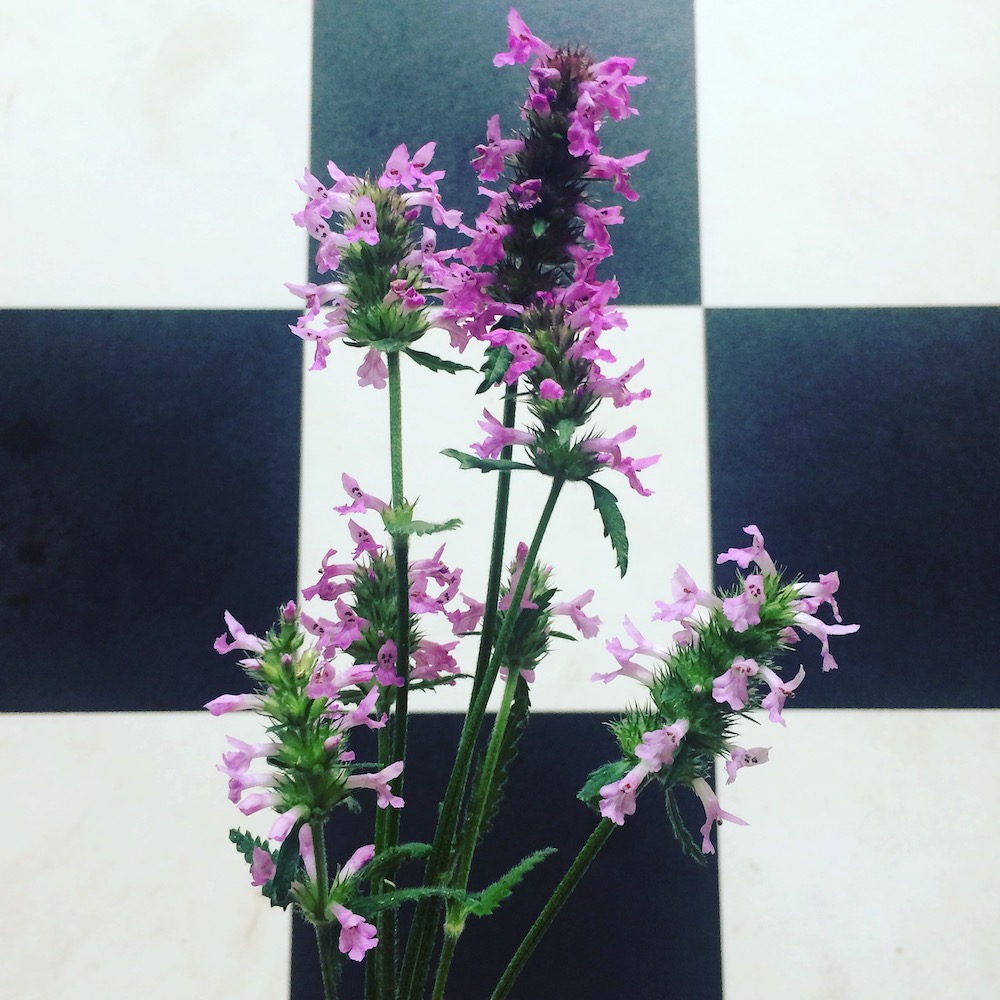
Betony
Betony, Betonica Officinalis, is another of
my favourite herbs. It’s a powerful nerve tonic and has a long history of being used in England, Wales, Scotland, and Ireland. Unlike lemon balm, I don’t get an instantaneous relaxation from betony, but long-term, it’s a bit like milky oats. It’s great for a long-term recovery process, especially for stress headaches, for example, betony is amazing.
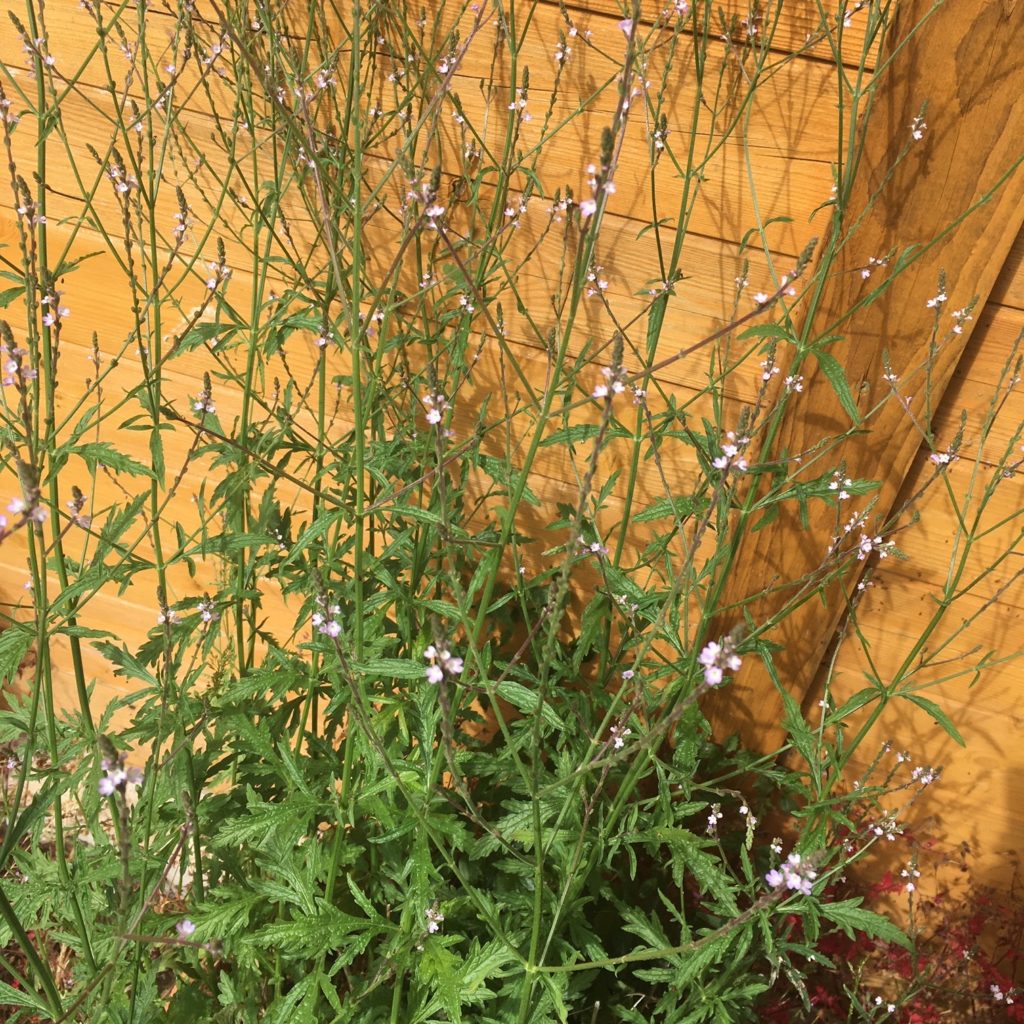
Vervain
Vervain, Verbena officinalis, is another wonderful nervous system tonic which comes into its own for long term nervous system support. It’s strongly indicated for people who menstruate, who experienced a lot of premenstrual tension or kind of distress and despair around their periods, for example.
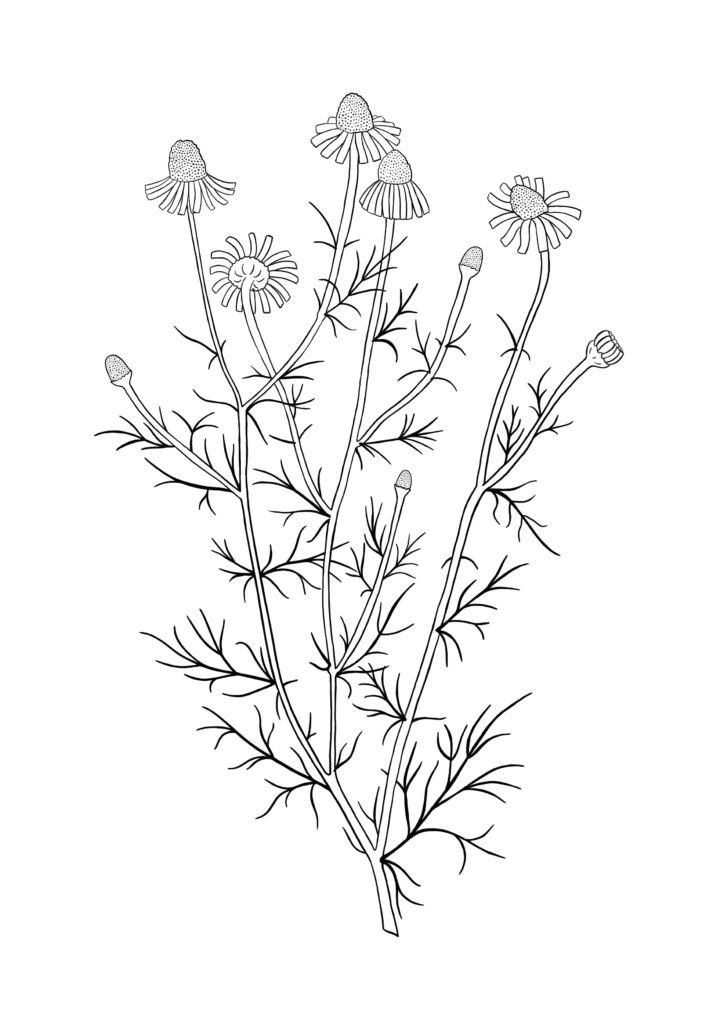
Chamomile
And finally, Chamomile, Matricaria recutita. It’s such an underestimated herb and we often take it for granted because it’s available everywhere. But it can be really potent. Chamomile has this affinity with the guts which is a really big part of how we process distress in the body. Chamomile tincture is great, in a panic attack blend for example. The tea is fantastic. The glycerite is absolutely heavenly.
It’s such a fantastic nervine herb for daytime anxiety support, to tune your nervous system down and help cope with capitalism.
Preparing blends in advance
If you are prone to panic attacks, then it’s all about preparation. I would strongly advise you to have a blend in your bag, specifically for an acute panic attack. Valerian, if it’s right for you, motherwort, and lemon balm, for example. You can put some drops of it on your tongue. It only needs to be a tiny little 10 ml bottle that you can fit in your pocket. Just knowing it’s there, can somehow also prevent panic attacks.
Maybe you just need to drop dose it through the day or maybe you just have a very strong mix for an acute attack in the moment. If you’re supporting someone with a panic attack, and they would like to take some herbs, then being able to support them and being prepared is amazing.
The other aspect is just doing the necessary work on reducing activation over time. So having some kind of daytime anxiety blend that can just take the edge off, for example, lemon balm, hawthorn, rose or chamomile, for example. Gentle nervines that aren’t going to knock you out and sedate you so you can’t function, but they’re going to be supporting you in the background.
And finally, working with nerve tonics, it’s great to have some kind of protocol in your life where you are just tending to your nervous system consistently, like whether that’s skullcap tea or eating oats for breakfast or having milky oat tincture when you’re run down. It’s kind of like having a burnout mix.
Panic attacks are an expression of distress in our lives and may be an indication that we may need to change what is contributing to them – leaving a relationship or quitting a job for example. Or they may be responses to things outside our control such as the prison system.
Whatever is causing panic attacks, attending to our bodies to help prevent them is one of the beautiful offerings plant medicines give us, whether this is long term support from nerve tonics, or helpful blends in the moment to help
soothe us while we are experiencing the distress of a panic attack.
Next steps
To learn more about how plant medicines can support you, you may be interested in the Herbalism, PTSD and Traumatic Stress course offered by the Solidarity Apothecary.
There are eight comprehensive modules exploring how trauma shapes the body and how we can reclaim and reshape it. Learners develop an in-depth knowledge of plants, herbalism and nervous system physiology, grounded in an anti-oppressive analysis. There are 60 video lessons in total including 32 in-depth plant profiles about herbs with an affinity for the nervous system.
Learn more about the course: https://solidarityapothecary.org/herbalismandptsdcourse/

